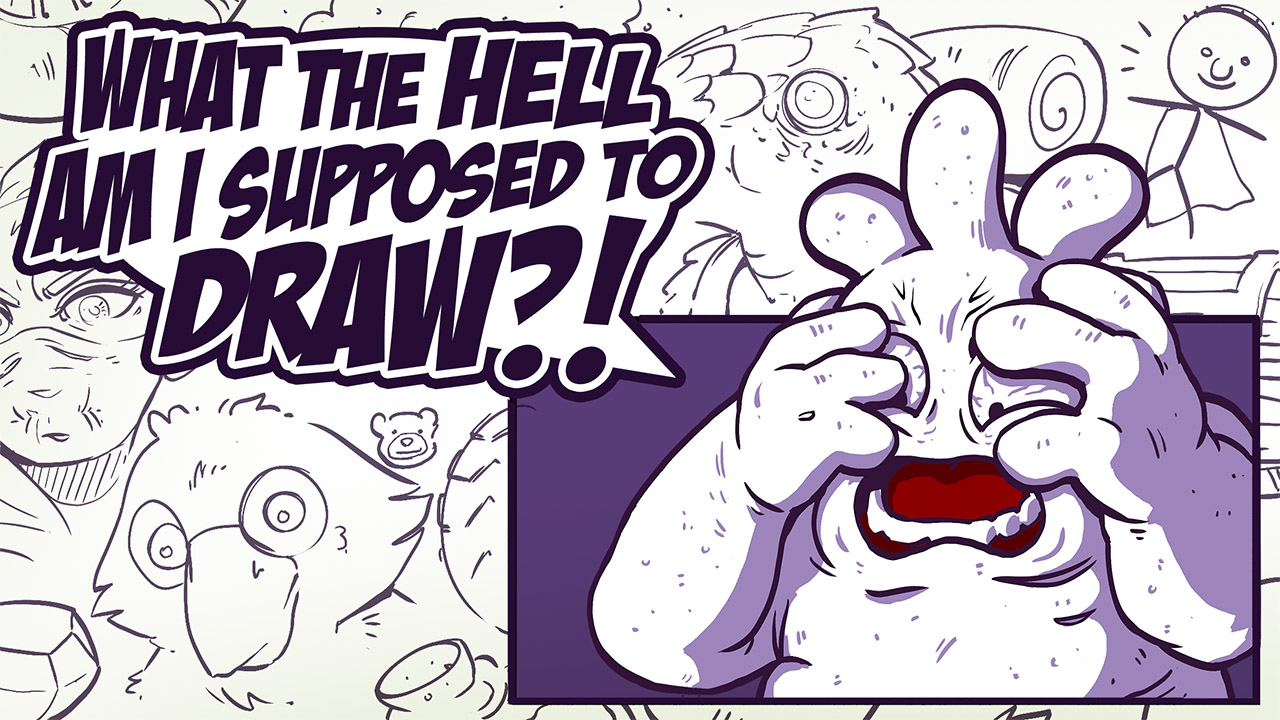11:25 AM, Tuesday August 10th 2021
Hello,
here's the critique:
-
Arrows: edges look a bit sketchy, make sure you use ghosting & confident lines when adding extra lineweight
-
Contour ellipses: you prioritize hitting edges instead of confident lines - getting confident ellipse in is more important (as accuracy will improve with practice)
-
Contour curves: mostly OK, just ends of some of them are sketchy
-
Textures: OK
-
Dissections: OK
-
Intersection: OK
-
Organic Intersection: mostly OK, though contours once again do not look confident
I think you can move on to next lesson, though in your warm ups do keep in minds to focus on line confidence
Good luck in your art journey!
Next Steps:
Lesson 3






















